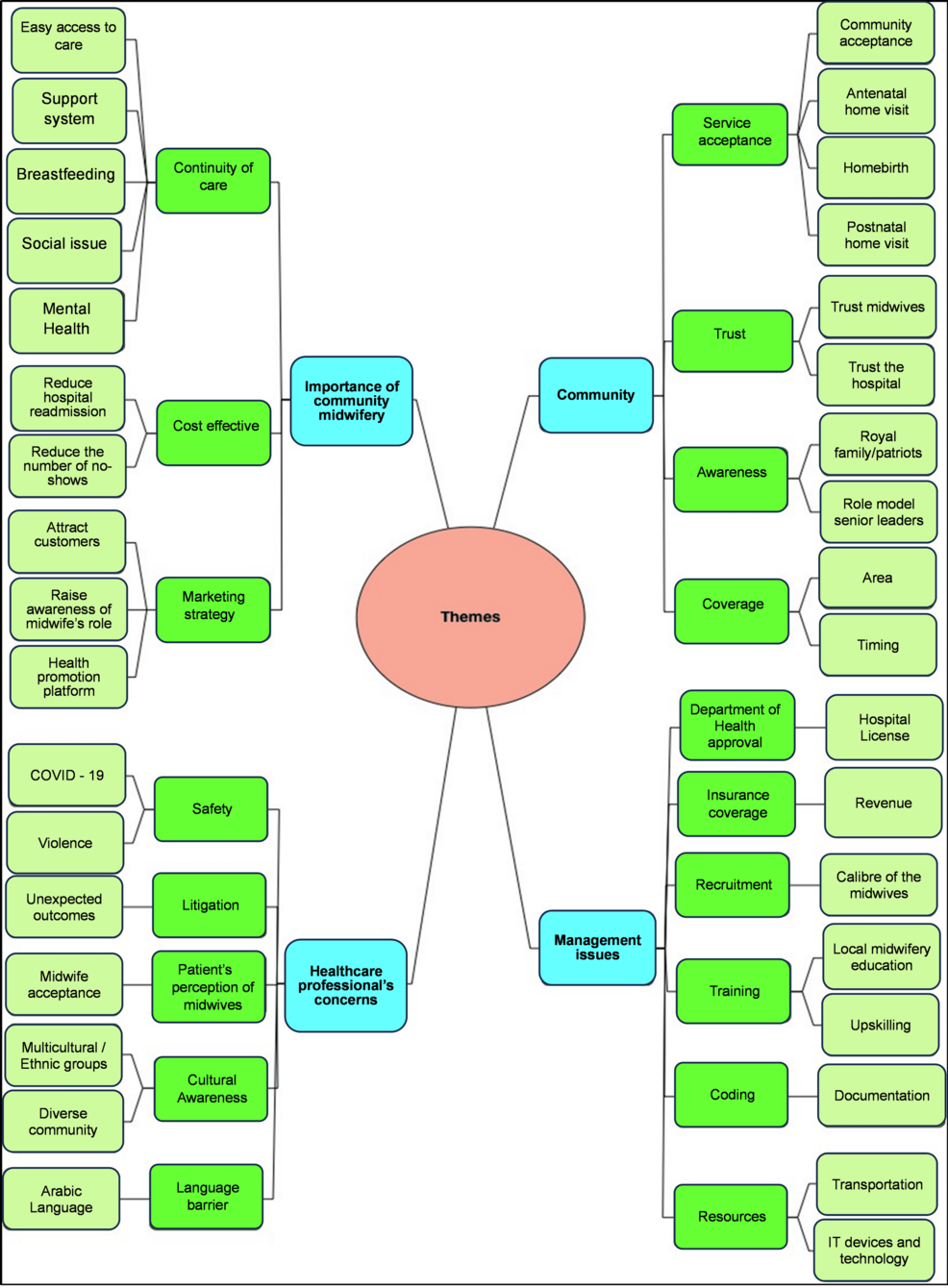Navigating the Future of Healthcare: A Call to Action for Innovation and Collaboration
In an era marked by rapid technological advancement and unprecedented global health challenges, the healthcare sector finds itself at a critical juncture. As we reflect on the transformative changes brought about by the COVID-19 pandemic, it is evident that adaptation and innovation are no longer optional but essential to enhancing healthcare delivery and improving patient outcomes. This notion resonated strongly at the recent Healthcare Innovations Conference held in Dubai, where thought leaders from diverse sectors convened to discuss cutting-edge solutions and collaborative approaches that can redefine the future of healthcare.
The conference opened with an inspiring keynote address from Dr. Faisal Al-Qasim, a prominent figure in the field of medical innovation, who highlighted the pressing need for a collaborative ecosystem that encompasses government bodies, private enterprises, and academic institutions. “The challenges we face in healthcare today cannot be addressed in isolation. It is imperative that we foster partnerships that leverage our collective strengths to develop sustainable solutions,” Dr. Al-Qasim stated.
Central to the discussions at the conference was the role of technology in advancing healthcare capabilities. The integration of artificial intelligence (AI), telemedicine, and digital health records emerged as pivotal themes. Dr. Samira Al-Harith, a leading researcher in digital health, presented compelling evidence demonstrating how AI can enhance diagnostic accuracy and patient management. “AI is not merely a tool; it has the potential to revolutionize the way we approach medicine. By harnessing the power of data, we can identify patterns and deliver personalized care like never before,” she asserted.
Moreover, telemedicine has become an indispensable lifeline during the pandemic, bridging the gap between healthcare providers and patients, particularly in remote areas. The convenience of virtual consultations has not only improved access to care but has also driven down costs for both practitioners and patients. However, as Dr. Al-Harith pointed out, the challenge lies in ensuring equitable access to technology and addressing the digital divide. “We must take proactive measures to ensure that underserved populations are not left behind in this digital transformation,” she emphasized.
The discussions at the conference also illuminated the significance of regulatory frameworks that can keep pace with innovation while safeguarding patient safety. Regulatory representatives joined the dialogue to share insights on emerging policies aimed at fostering an environment conducive to innovation. The delicacy of balancing growth and regulation was exemplified by the ongoing updates to health technology assessments, which must adapt to the evolving landscape without stifling creativity.
Networking sessions also provided attendees with opportunities to explore potential collaborations between startups and established healthcare institutions. The rapid rise of health tech startups across the Gulf region has been notable. Entrepreneurs are pioneering solutions ranging from wearable health monitoring devices to platforms facilitating mental health support. By addressing specific gaps in the healthcare continuum, these startups bring fresh perspectives and agile methodologies that can complement traditional healthcare systems.
Particularly noteworthy was the participation of international delegates who shared their own insights and successes in healthcare innovation from countries such as the United States, Sweden, and Singapore. These exchanges underscored the importance of a global dialogue on health challenges and the successful strategies deployed around the world. “Innovation knows no borders; the lessons we learn from one another can accelerate our progress,” remarked John Richardson, a healthcare executive from London who was among the international attendees.
As the conference drew to a close, the overarching sentiment was one of cautious optimism. The potential for healthcare to evolve through cooperation and innovation is vast; however, the journey ahead demands sustained effort and commitment from all stakeholders involved. The call to action is clear: we must cultivate environments that celebrate innovation, advocate for equitable access to health technologies, and prioritize collaboration among all players in the healthcare ecosystem.
The success of initiatives introduced at conferences such as this hinges on a shared vision and collective resolve to advance health outcomes. The future of healthcare will undoubtedly be shaped by the steps taken today, as we advance toward a more integrated, innovative, and accessible landscape—one that prioritizes the well-being of every individual.
—
Tags: #HealthcareNews, #StartupsEntrepreneurship, #UAE, #BusinessNews

